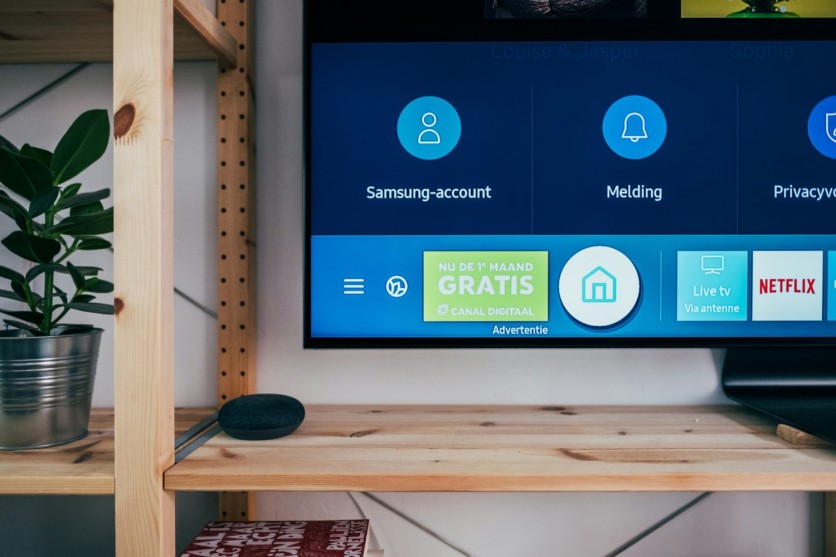In a strategic move to maintain its dominance in the smart TV market, Samsung has announced that it will provide seven years of Tizen operating system updates for its newer AI-powered televisions. This decision is a direct response to growing competition from Chinese brands like Hisense and TCL, which are quickly gaining market share.
The announcement, made at Samsung Electronics' Suwon Campus and reported by Business Korea, will first apply to TV models released in March 2024, as well as some products launched in 2023.
Samsung Extends Tizen OS Updates to Stay Ahead

Samsung's commitment to offering seven years of Tizen OS updates is a significant shift from its current practice, where updates typically focus on bug fixes rather than upgrading the OS itself. This policy change signals Samsung's intention to enhance the longevity and performance of its smart TVs, making them more attractive to consumers who expect long-term support for their devices.
As the global leader in smart TV sales, Samsung is facing increased pressure from Chinese competitors.
According to research from analytics firm Omdia, Samsung held nearly 29% of the global TV market in the first half of the year, a decline of more than 2% compared to the previous year.
Meanwhile, Hisense and TCL have been rapidly closing the gap, with market shares of 12.1% and 10 %, respectively.
Related Article : Don't Miss Out! Samsung S95D Glare-Free OLED TVs at Discounted Prices
Aligning TV and Smartphone Policies
Samsung's decision to extend Tizen OS updates mirrors a similar commitment made earlier this year regarding its Galaxy S24 smartphone series.
In January, the company pledged to provide seven years of OS upgrades and security updates for these devices, reinforcing its reputation for long-term support across its product lines. This strategy not only enhances customer loyalty but also differentiates Samsung from its rivals by offering extended software support that rivals typically do not.
In comparison, LG, Samsung's domestic competitor, announced in January that it would offer five years of webOS upgrades for its smart TVs. However, LG's announcement lacked clarity regarding which specific models would receive these updates, leaving some consumers uncertain about the extent of support they could expect.
Samsung's Response to Market Shifts
Samsung's decision to extend Tizen OS support is a calculated response to the shifting dynamics of the global TV market. The rise of Chinese brands like Hisense and TCL has introduced more competition, particularly in terms of pricing and technology. By committing to long-term software updates, Samsung aims to retain its competitive edge and reassure consumers that its products will remain up-to-date and functional for years to come.
This move also reflects the growing importance of software in the consumer electronics industry. As smart TVs become increasingly integrated with AI and other advanced features, the ability to provide timely and comprehensive software updates becomes crucial.
According to The Verge, Samsung's new policy ensures that its AI-powered TVs will continue to receive the necessary updates to improve performance, add new features, and enhance security, making them a more appealing choice for tech-savvy consumers.
Samsung Strengthens Its Market Position
Samsung's pledge to provide seven years of Tizen OS updates for its newer AI-powered TVs is a smart move designed to solidify its position as the leader in the smart TV market. By aligning its TV update policy with that of its smartphones, the phone maker is sending a clear message to its competitors and customers alike: the company is committed to delivering long-term value and staying ahead in a rapidly evolving market.
As Samsung faces mounting competition from Chinese brands, this policy extension could prove to be a key factor in maintaining its market leadership.
With this move, the company not only enhances the appeal of its current product lineup but also sets a new standard for the industry, emphasizing the importance of long-term software support in the consumer electronics market.

ⓒ 2025 TECHTIMES.com All rights reserved. Do not reproduce without permission.




